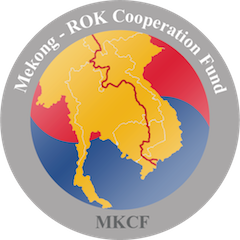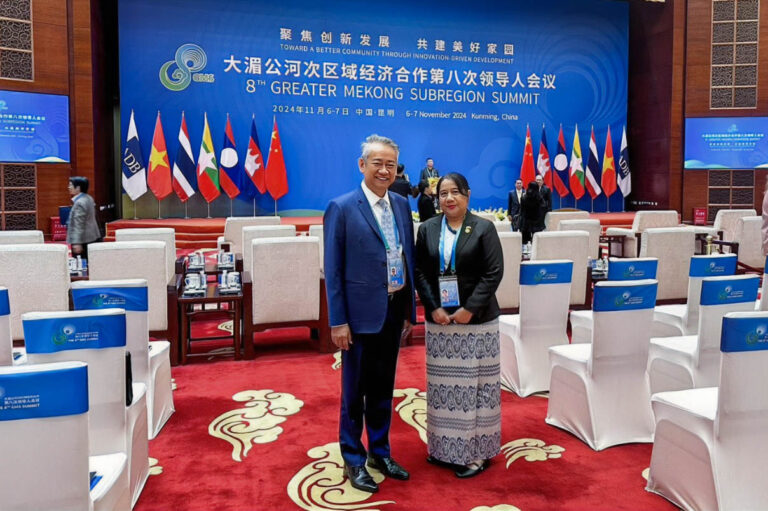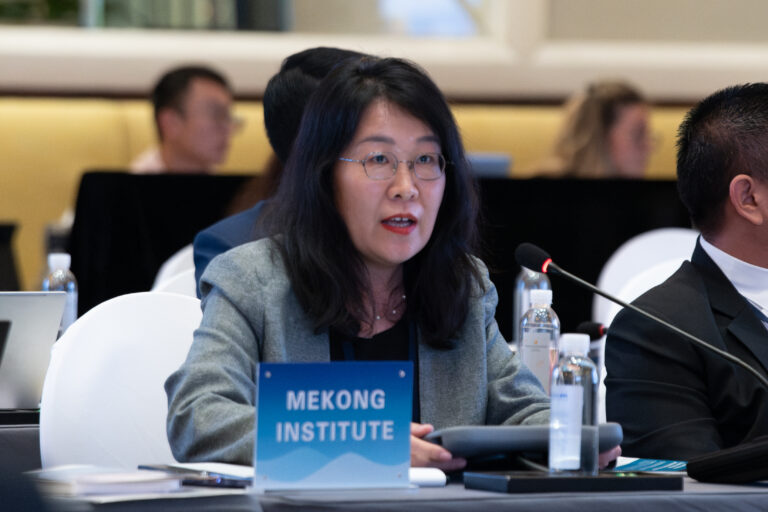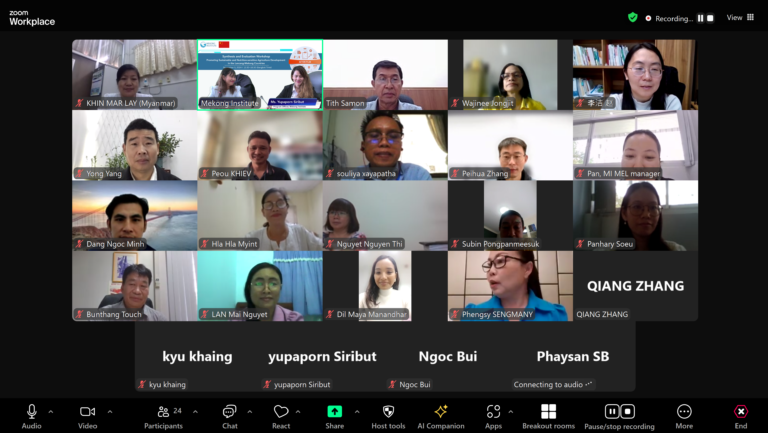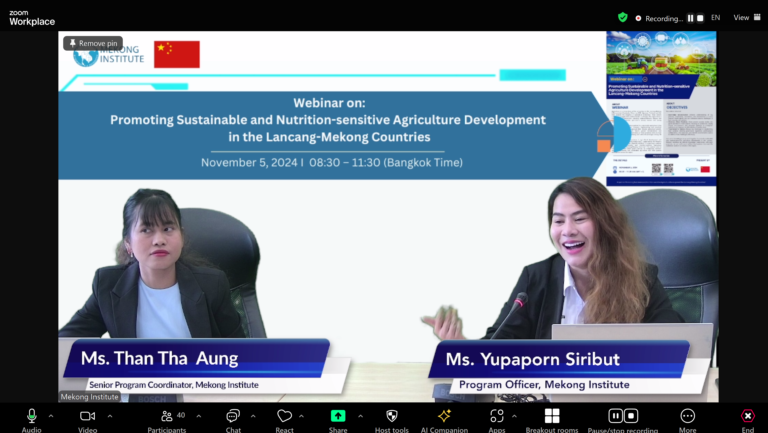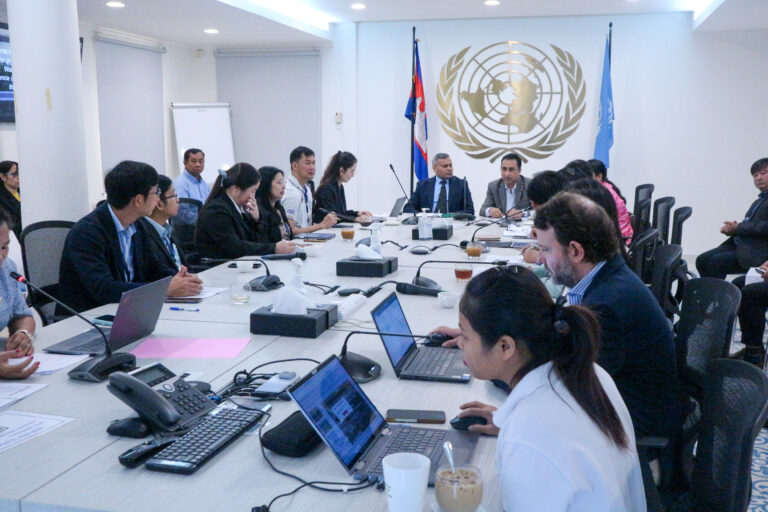Mekong – ROK Cooperation Fund (MKCF)
Guidelines for submitting a Project Concept Paper
1. General Information
- Following the launch of the Mekong – ROK partnership in 2011, the Mekong – ROK Cooperation Fund (MKCF) was established in 2013 to encourage and support cooperation in six priority areas outlined in the Han River Declaration of 2011.
- The Fund provides grant for projects that are of regional in nature. Such project is aligned on the priorities of the country to address national issues that facilitate regional integration process. It can be implemented in a single country. However benefits should be shared among thecountries in the Mekong region and the ROK.
- In other words, the regional project should address the needs of several Member States in the Mekong region. Such projects can consider national development objectives but are developed per regional development objectives as well.
2. Criteria
(1) The MKCF’s Six Priority Areas
- The Fund provides grants to support catalytic and innovative activities in the six priority sectors: (1) Infrastructure, (2) Information Communication Technology (ICT), (3) Green Growth, (4) Water Resource Development, (5) Agriculture and Rural Development, and (6) Human Resource Development.
- The aim of the projects in the infrastructure sector is to develop capacities on regional project management related to infrastructure. In ICT sector, projects related to the use of ICT for regional disaster risk management / climate change adaptation (e.g. early warning system) etc. are envisaged. For Green Growth sector, projects related to greener growth models, benefiting from both economic and environmental performance are encouraged. Water Resource Development sector emphasizes on regional water resources management. Innovative projects to develop regional agricultural value chain are encouraged under Agriculture and Rural Development sector and Human Resource Development sector is to promote regional cooperation in education and skill development, trade and business.
(2) Examples of the projects for each priority sectors
Sector | Examples of the projects |
(1) Infrastructure |
|
(2) Information Communication Technology (ICT) |
|
(3) Green Growth |
|
(4) Water Resource Development |
|
(5) Agriculture and Rural Development |
|
(6) Human Resource Development |
|
(3) Eligible Requirements of Proponent:
- Non-governmental organizations, academic institutions, and training institutes from CLMVT and the ROK can submit requests for funding.
- Government agencies/Autonomous Organization from CLMVT and the ROK can submit requests for assistance.
- Individual assistance to persons will not be provided.
(4) Budget / Duration:
- The contribution of the Fund per project proposal is minimum of 200,000 USD and maximum of 500,000 USD per year.
- The fund encourages projects promoting 3-way (triangular) or 4-way (quadripartite) collaboration with other donors, including the Mekong River Commission (MRC), Japan, United States (US) etc. Extra budgetary funds should be leveraged, when needed, to facilitate such projects.
- The fund provides grants for joint activities with a regional or international entity, formalized through a cooperation agreement and is considered as regional.
- Activities which are not eligible for funding include construction of buildings and payment of rent or utilities.
- The time frame of a project should be more than 6 months and less than 3 years.
3. Proposal Submission
- The proponent is required to submit a Project Concept Paper when applying for the MKCF.
- The Project Concept Paper should contain all the required components.
- The Project Concept Paper as per the prescribed format may be submitted to the Ministry of Foreign Affairs of the respective Mekong countries by February 12, 2017.
Country | Focal point in the MOFA | Contact information |
Cambodia | Tuot Kunthea (Ms.) | |
Lao PDR | Alomlangsy Rajvong (Mr.) | |
Myanmar | Nyein Zaw (Mr.) | |
Viet Nam | Ngoc Hoang (Ms.) | |
Thailand | Aimatcha Somsaman (Ms.) | |
ROK | Kyung Jung Kang (Ms.) |
4. Approval Process
- The Governments of the 5 Mekong Countries collect and screen the Project Concept Paper according to criteria (objectives of the MKCF, Mekong-ROK Action Plan) on selection of projects before forwarding them to MI.
- MI receives the Project Concept Papers from the respective countries. MI reviews the Project Concept Papers according to the guideline to shortlist and submits them to the MOFA-ROK.
- The Approval Body at the MOFA-ROK selects the projects that will be developed into a full project proposal.
- MI notifies the selected Project Concept Papers to the 6 SOM leaders (5 Mekong Countries and ROK) for their information and support.
- Proponents of the selected Project Concept Papers will be contacted by MI to submit full project proposals to MI.* In the case revisions are requested on the submitted full project proposal, MI will inform the proponent to revise and submit within specific date.
- * Proponents of the selected projects will be invited for the workshop (will be held at MI) to develop full project proposals.
- The 6 SOM leaders endorse the full project proposals that will be funded by the MKCF in the form of a SOM letter. Upon receiving endorsement on the selected full project proposals from the 6 SOM leaders, the MOFA-ROK sends fund approval order to MI.
- MI transfers the first installment (50%) to the authorized Project Implementing Agency (PIA) and forwards the information to the respective Government. The PIAs of the MKCF funded projects send a mid-term progress report on the status of the project to both the Governments’ agencies in charge and MI. MI review the progress prior to determining subsequent installment (50%) of the funds. MI circulates the final report to the 6 SOM leaders and audits the final report and if necessary, requests correction and revision to the relevant PIAs. Following the review of the financial report, any remaining funds shall be returned to MI. The Mekong Institute also makes a final report of the MKCF funded projects to the 6 Governments either by writing or at the annual Mekong-ROK SOM.
For more details, contact:
Coordinator
Mekong – ROK Cooperation Fund (MKCF)
Mekong Institute for Development and Cooperation
(GMS Inter – Governmental Organization)
123 Mittraphap Road, Khon Kaen, 40002, Thailand
Tel: +66 (0) 4320 2411-2 Ext. 4072
Email: Mr. Madhuriya Kumar Dutta, Coordinator: [email protected]
CC to Ms. Mi Jung Im: [email protected]


